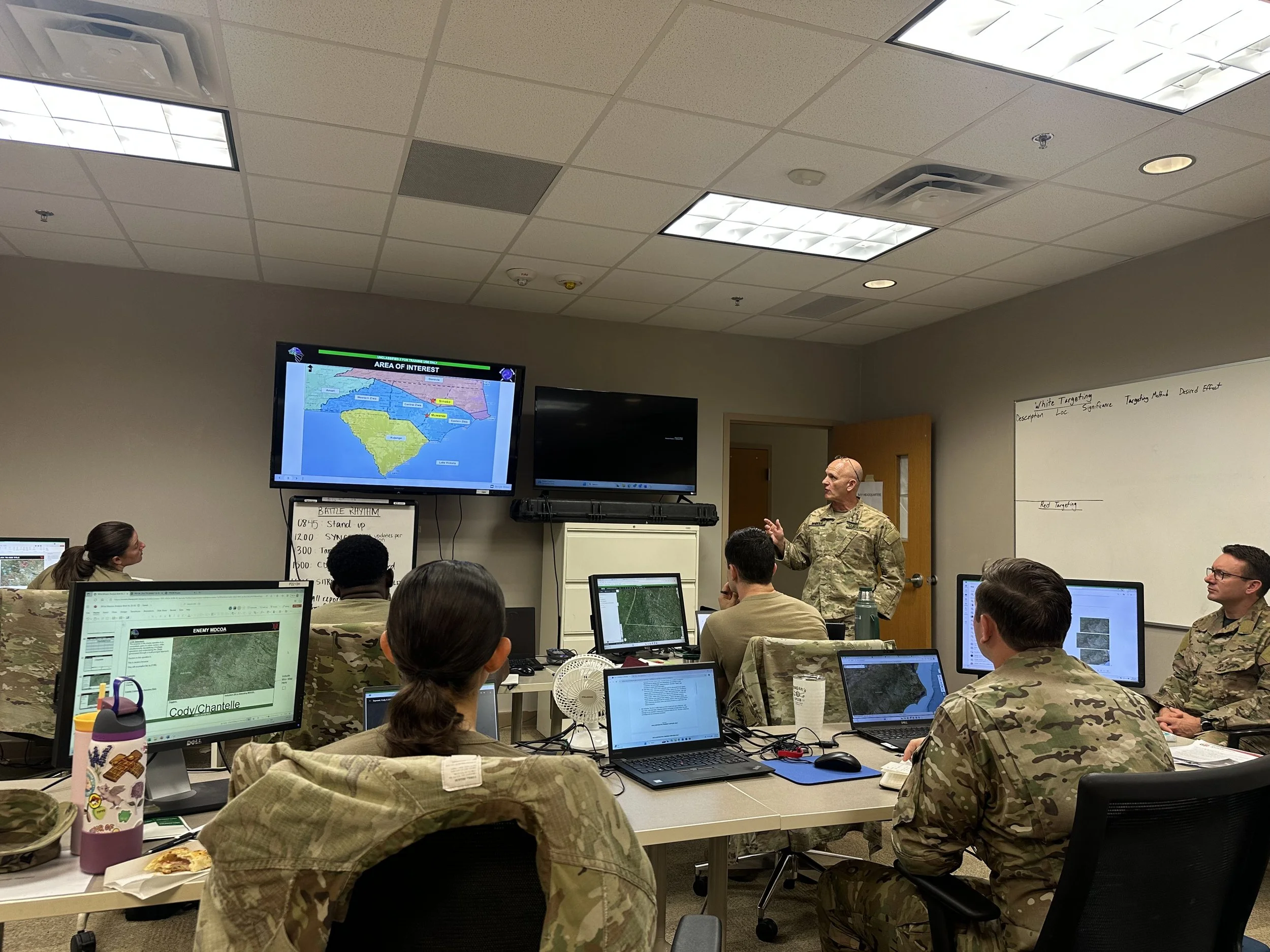Since the toppling of their regime in 2001, the Taliban have demanded recognition from Kabul as a legitimate political actor in a country where they enjoy substantial support among segments of the population, not least for for the economic and infrastructural systems they helped cultivate and on which nearly all rural Afghans depend. The Taliban have a near monopoly on a global commodity representing a $4 billion dollar a year industry that necessitates the sustainment of elaborate supply chains: opium. But a deeper conflict analysis foretells a future in which the Taliban could soon be incentivized not only to walk away from its lucrative drug empire but become an ardent counter-narcotics partner to the Kabul government and its international backers.
From Precedent, Possibility: New Models for "Whole of Society" Foreign Policy
Fragile and conflict-affected regions of the world threaten not only U.S. national security, but the stability and prosperity of markets and society. If we accept that governments, businesses, and citizens all stand to gain by addressing global crises, then a “whole-of-society” approach to U.S. foreign policy should be the norm. Yet in practice, full-spectrum, civil-military (civ-mil), public-private collaboration remains ad hoc and sub-optimized. This is especially true for U.S. engagements in the world’s trickiest places, namely fragile and conflict-affected regions. With the Trump Administration still forming its global strategies and re-shaping how resources and roles are arranged for U.S. foreign policy, comes an opportunity to re-imagine how stakeholders collaborate in countries facing crises. In light of proposed foreign assistance cuts, an expanding defense budget, and a more commercially-inclined Administration, civilian, military, public, and private actors may in fact have no choice but to leverage their comparative advantages like never before.






